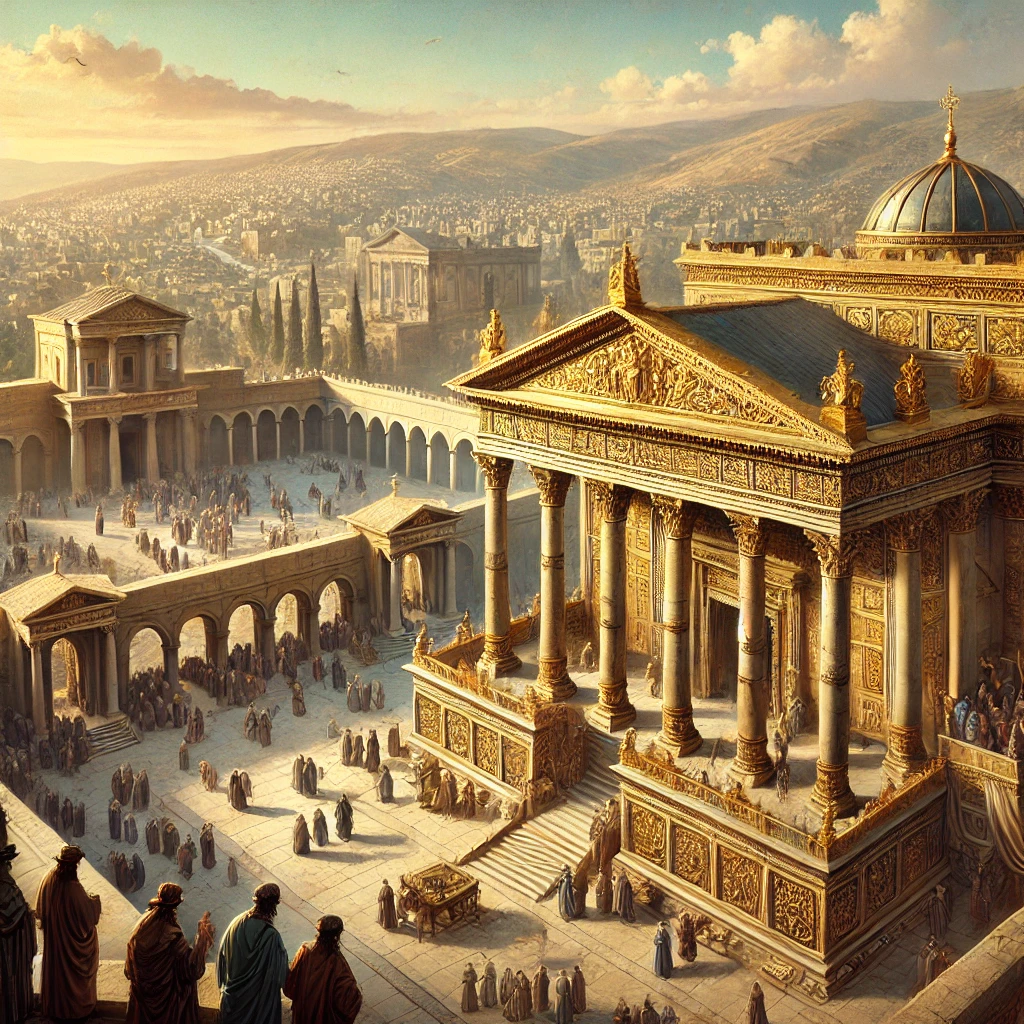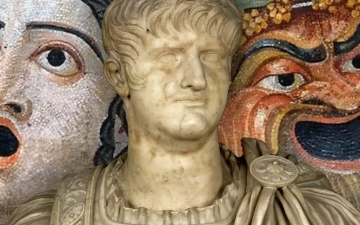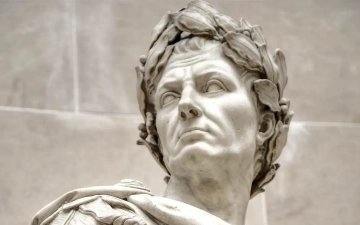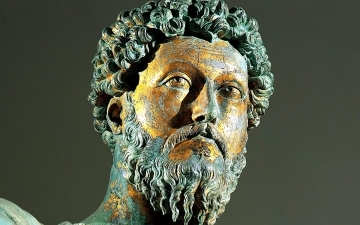Herod’s Temple: A Marvel of Ancient Architecture and Its Biblical Significance

Herod’s Temple, also known as the Second Temple or the Herodian Temple, holds a central place in biblical history and Jewish heritage. Built by King Herod the Great during the 1st century BCE, this architectural masterpiece served as the spiritual heart of Judaism and a pivotal location in the narratives of the Bible. Though it was destroyed in 70 CE by the Romans, the legacy of Herod's Temple continues to captivate scholars, theologians, and archaeologists today.
The Historical Context of Herod’s Temple
The origins of Herod's Temple trace back to the Second Temple period, which began after the Babylonian exile in 516 BCE. The original structure, built by Zerubbabel, was modest compared to Solomon's First Temple. By the time of Herod the Great, this Second Temple had fallen into disrepair.
Herod, seeking to solidify his legacy and gain favor with the Jewish people, undertook an ambitious project to rebuild and expand the Temple. This endeavor began around 20 BCE and continued for decades, with some work reportedly ongoing even during Jesus' ministry (John 2:20).
The result was an architectural wonder that combined Jewish tradition with Hellenistic design, making Herod's Temple not only a place of worship but also a political statement of Herod's power and allegiance to Rome.
Key Features of Herod's Temple
- The Temple Mount
Herod's engineers expanded the Temple Mount, creating a massive platform supported by retaining walls. This area, still partially visible today, includes the Western Wall (Wailing Wall), a site of profound religious significance. The platform itself measured approximately 36 acres, making it one of the largest religious complexes of the ancient world. - The Inner Sanctuary
At the heart of Herod’s Temple was the Kodesh HaKodashim (Holy of Holies), the most sacred space in Judaism. According to biblical tradition, this was where the Ark of the Covenant had once been housed in Solomon's Temple. Access to the Holy of Holies was strictly limited to the High Priest, who could enter only on Yom Kippur. - The Courtyards
The Temple complex included several courtyards:- The Court of the Priests, reserved for sacrificial rituals.
- The Court of Israel, where Jewish men gathered.
- The Court of Women, open to all Jews, regardless of gender.
- The Court of the Gentiles, accessible to non-Jews but separated from the inner sanctuaries by a low barrier called the soreg.
- The Golden Gate and Stunning Facades
Herod spared no expense, adorning the Temple with gold, marble, and intricate carvings. The Eastern Gate, also known as the Golden Gate, faced the Mount of Olives and became a symbolic entry point in messianic prophecies. - The Royal Stoa
The southern end of the Temple Mount featured the Royal Stoa, a grand colonnaded hall used for commerce, teaching, and judicial matters. It is thought that Jesus may have taught here during His visits to Jerusalem (Luke 19:47).
Herod’s Temple in the Bible
Herod's Temple plays a prominent role in the New Testament, particularly in the life and ministry of Jesus Christ. It serves as the setting for pivotal events, such as:
- The Presentation of Jesus
According to Luke 2:22-39, Mary and Joseph brought the infant Jesus to Herod's Temple for His dedication. This event fulfilled the Mosaic Law and introduced Simeon and Anna, who recognized Jesus as the Messiah. - Jesus Teaching in the Temple
Herod's Temple is frequently mentioned as a place where Jesus taught and debated with religious leaders. In Luke 2:46, young Jesus was found among the teachers in the Temple, impressing them with His understanding. - The Cleansing of the Temple
One of the most dramatic events associated with Herod's Temple is Jesus driving out the money changers, accusing them of turning His Father's house into a den of thieves (Matthew 21:12-13). - Prophecy of the Temple’s Destruction
Jesus predicted the destruction of Herod's Temple, a prophecy fulfilled in 70 CE when the Romans, led by Titus, razed it to the ground (Matthew 24:2). This event marked a turning point in Jewish history and signaled the end of the Second Temple period.
Herod’s Temple Today
Although the Temple itself no longer stands, its influence endures. The Western Wall remains a focal point for Jewish prayer and pilgrimage, and the Temple Mount is a contested site revered by Jews, Christians, and Muslims alike.
Modern archaeological efforts have uncovered fascinating remnants of Herod's Temple, including:
- The Herodian Stones: Massive limestone blocks used in the Temple's construction, some weighing over 500 tons. These stones reflect Herod's engineering genius.
- The Mikva’ot: Ritual baths discovered near the Temple Mount, used by worshippers for purification.
- Temple Artifacts: Coins, pottery, and inscriptions found in the area offer glimpses into the daily life and rituals of the Second Temple period.
The spiritual significance of Herod's Temple today transcends its physical ruins. For Jews, it symbolizes a yearning for restoration and renewal. For Christians, it serves as a backdrop to the life and teachings of Jesus, as well as a powerful reminder of fulfilled prophecy.
The Legacy of Herod’s Temple
The Herodian Temple was more than just an architectural achievement; it was a cultural and religious hub that shaped the faith and identity of an entire people. Its history is intertwined with the narratives of the Bible, from the splendor of its construction to the sorrow of its destruction.
Today, Herod's Temple lives on in the hearts of millions, symbolizing faith, resilience, and the enduring hope for redemption. As archaeologists continue to uncover its secrets, the Temple remains a bridge between the ancient world and the present, reminding us of the profound impact of sacred spaces on human history.
Related Posts
Ramoth-Gilead: The Ancient Stronghold of Israel
Ramoth-Gilead, an ancient city of great biblical and historical significance, was a major stronghold located in the region of Gilead, east of the Jordan River. The city, often mentioned in the Old Testament, played a crucial role in the territorial struggles between Israel and its neighboring nations. Today, the exact...
Read MoreNero: The Notorious Emperor Who Fiddled While Rome Burned
The name Nero is synonymous with tyranny, extravagance, and the infamous image of an emperor who, according to legend, played the fiddle while Rome was engulfed in flames. Nero's reign is a dark chapter in the history of the Roman Empire, marked by cruelty, decadence, and the disastrous Great Fire...
Read MoreHerod’s Temple: A Marvel of Ancient Architecture and Its Biblical Significance
Herod’s Temple, also known as the Second Temple or the Herodian Temple, holds a central place in biblical history and Jewish heritage. Built by King Herod the Great during the 1st century BCE, this architectural masterpiece served as the spiritual heart of Judaism and a pivotal location in the narratives...
Read MoreBoost Productivity Respectfully: Non-Intrusive Alternatives to Screen Capture Monitoring
Screen monitoring has become essential in modern work environments, particularly with the shift towards remote and hybrid models. Many companies utilize screen capture tools to ensure productivity. But is this the best way to enhance employee performance? Overview of screenshot-based monitoring Screen capture employee monitoring is a popular tool used by managers...
Read MoreAugustus: The Architect of Imperial Rome’s Golden Age
In the grand tapestry of ancient Rome's history, one name stands out as a pivotal figure who played a transformative role in shaping the destiny of an empire. That name is Augustus, the first Roman Emperor, whose reign marked the beginning of a remarkable era known as the Pax Romana...
Read MoreMarcus Aurelius: Philosophy and Leadership in the Midst of Turmoil
In the annals of Roman history, the name Marcus Aurelius stands as a symbol of wisdom, Stoic philosophy, and leadership during times of great adversity. His reign as Emperor from 161 to 180 CE coincided with challenging periods for the Roman Empire, including external threats and internal strife. In this...
Read More






















